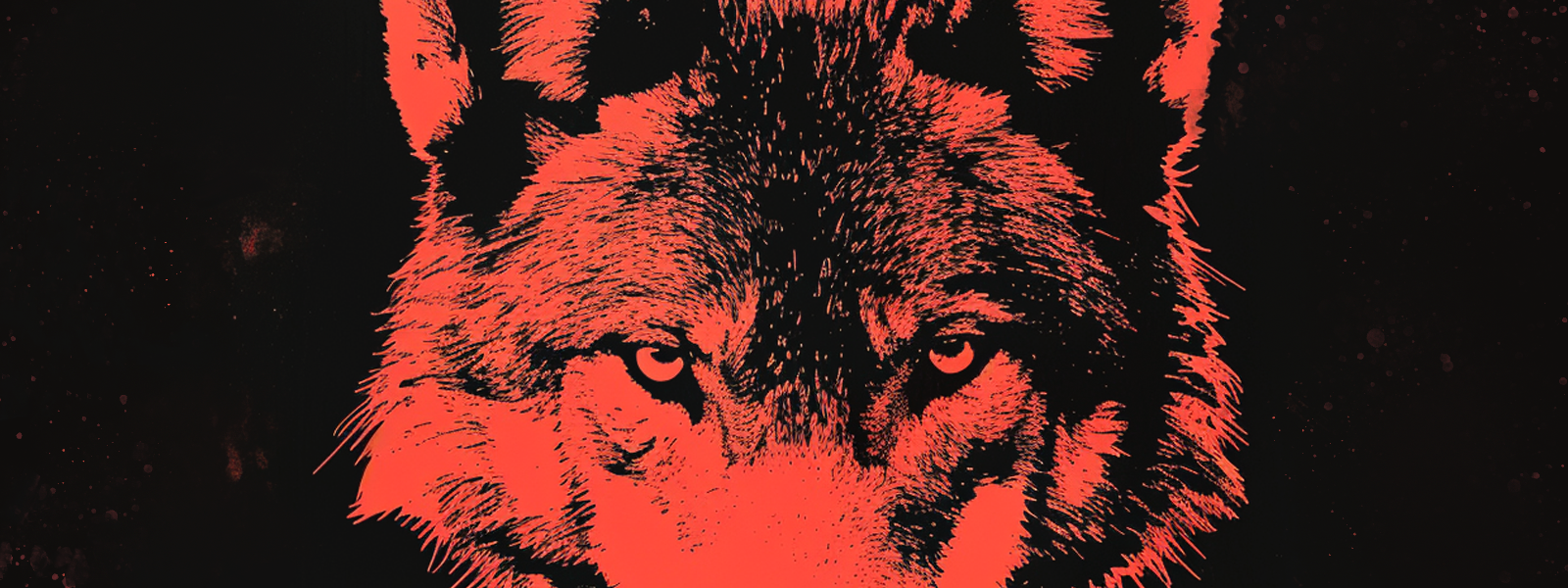Praying to Taranis Made Easy
A brief, easy-to-follow liturgy to Taranis, the Gallic god of thunder and storms.

There is little extant information regarding this Gallic god, but there are sufficient clues to attempt a reconstruction. Taranis shares iconographic and linguistic similarities with Jupiter, Zeus, and other Indo-European thunder/sky gods. He’s a muscle-bound lightning wielder. He’s often depicted with a wheel, a symbol of sky and sovereignty. His name is derived from the proto-Indo-European word stenh, meaning “thunder.” From this evidence, we can conclude that Taranis is a lordly god of storms, similar in character to his kin in other pantheons.
His features reflect the natural world which he reigns over. Like a storm, he is vigorous and powerful. He slays the dragon withholding the life-giving waters (rain) and bestows abundance upon his subjects. Like the firmament, he is just and ordered. As the planets and stars adhere to their measured orbits and, thereby, dictate the fate of man, so too does Taranis govern the universe according to his law and will. His lightning bolt symbolizes his might and the animating fire of the universe. His wheel, reminiscent of the horse and chariot that allowed the Aryans to dominate their enemies, recalls his martial command.
Taranis is the paragon and patron of justice, leadership, power, prodigiousness, and war.
Liturgical Instruction
1. Set Up the Space
Before you worship, set up your space. The environment should create a contemplative atmosphere and provide symbols for the practice. Find a quiet place and clear it of any clutter.
When the space is ready, light two candles and three sticks of incense. Pay your respects to the four directions as follows:
Facing East, strike the bell and repeat:
O Lugh, the lustrous ruler of the air,
Do bless this space with luminosity.
Facing South, strike the bell and repeat:
O Taranis, the wielder of the flame,
Do bless this space with terrifying force.
Facing West, strike the bell and repeat:
O Brigit, maiden of the verdant springs,
Do bless this space with purity and peace.
Facing North, strike the bell and repeat:
O Danu, mother of this fertile land,
Do bless this space with thy fecundity.
Bow three times to the altar (once for the land, the ancestors, and the gods). If you don’t have an altar with Taranis' image, you can visualize him before you and bow to him. If you don't have bells, you may clap instead.
Note: If it’s not possible to include these materials, you can omit or modify them as circumstances demand.
2. Chant
While seated, chant the following:
O Taranis, great lord of law and flame,
Do deign us here with thy majestic flesh.
Thine eyes the color of the sky at noon;
Thine hair and beard - black as the winter storm.
A gold and spiraled torque wraps ‘round thy neck.
Thy chest is broad and bare, thy shoulders firm.
In thy right hand, thou bears the burning bolt,
And in thy left, a horn of honeyed mead.
O God of heaven’s fire, to thee we sing,
Provider of the rains that summon life;
The judge and executioner on high;
A warrior who savages his foes.
In youth, thou hid from Firbolgs ‘mongst the hills,
Then quenched the earth with streams of their black blood.
Thy bolt corrected Helios’ course
And slayed the dragon that withheld the rains.
O Lord, unmatched in righteousness and might,
Make firm our limbs, our heart, our lungs, our spleen,
Make clear our eyes and mind to judge what’s right,
And with our blood electrify our will.
You can chant this as many times as you would like. You may also pause and focus on the image of Taranis described in the opening verses. If you dislike archaic English, you can replace thee / thy with you / your.
3. Mantra
Using a mala or the digits on your hand to keep track, repeat the following mantra 9, 18, 36, or 108 times:
O Taranis, Great Lord of Law and Flame
4. Prayer
Pray to Taranis for whatever you desire. If it is a simple prayer, like “May I find a new job,” you can repeat the prayer multiple times and focus your attention on it. You can also offer a prayer in a more conversational, spontaneous style.
5. Offering
Offer something to Taranis in exchange for his support by placing it before his image. Then, recite the following prayer:
Great Lord who wrought the spinning course of stars,
We offer thee, on high, these humble gifts.
Bestow on us thy fire and clarity,
And grant to us what wisdom judges just.
A standard offering is food and drink, such as a small glass of water and a piece of bread. Offerings specifically suitable for Taranis include alcohol, beef, goat meat, and weapons. The offerings should be fresh and the plates clean. You can read how to dispose of offerings here.
6. Closing
Facing East, strike the bell and repeat:
O Lugh, the lustrous ruler of the air,
Our gratitude for thy blessings of light.
Facing South, strike the bell and repeat:
O Taranis, the wielder of the flame,
Our gratitude for thy blessings of might.
Facing West, strike the bell and repeat:
O Brigit, maiden of the verdant springs,
Our gratitude for thy blessings of peace.
Facing North, strike the bell and repeat:
O Danu, mother of this fertile land,
Our gratitude for thy blessings of wealth.
Bow three times to the altar.
Note: Regarding how to delegate time to different sections of the liturgy, you can read more here.
You can also find a simplified version of this liturgy as a PDF form to use in your daily practice here.
